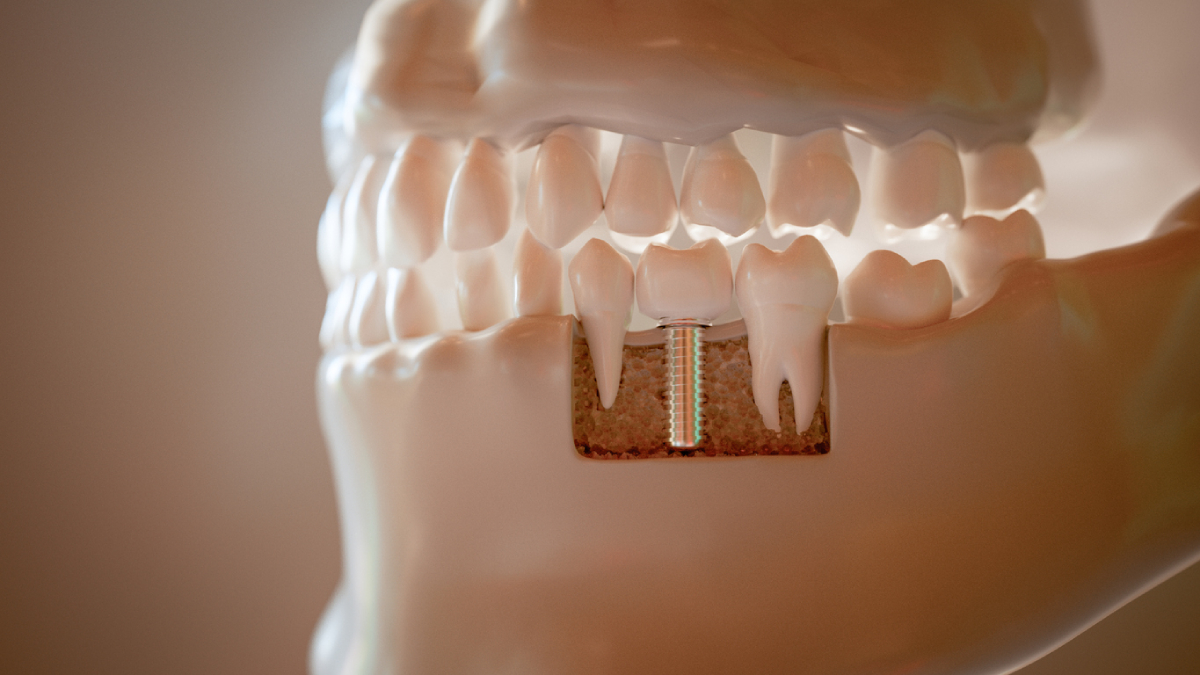Dental implants are one of the most sophisticated methods of dental restoration currently available. They can significantly improve the quality of life for people who are missing their natural teeth, including boosting self-confidence and nutrition. But, are there any side effects of getting dental implants? In this article, we address this question and give tips on how to avoid issues with your new implants.
Are There Any Side Effects to Getting Dental Implants?
Dental implants do not cause side effects in most patients. Still, anyone interested in the procedure should take the following factors into consideration:
The Surgery Is Performed Correctly
The qualifications, skills, and experience of your oral surgeon are crucial when it comes to dental implant placement. Additionally, your doctor should thoroughly examine your oral and general health before determining if dental implants are the right choice for you, and ensure that the procedure will not have complications. Always ensure that the doctor you choose has all the necessary credentials and positive reviews.
You Have Enough Jawbone Density to Support the Implants
Individuals who have been missing their teeth for an extended period often experience a condition known as jawbone resorption. When there are no natural teeth to stimulate the jawbone, the body stops sending nutrients to it, resulting in a loss of jawbone density.
Another cause of jawbone density loss is periodontal disease, also known as gum disease. It begins as a chronic infection of the gum tissue but can spread to the jaw, destroying its structure.
In both cases, dental implants are likely to fail as there is not enough bone density to support them. Bone resorption caused by tooth loss can often be resolved with a bone grafting procedure. It is performed several months before the implant placement to promote bone regeneration. Bone loss caused by gum disease can sometimes also be treated with bone grafting, but the gum disease must be treated first.
There Are No General Health Conditions that Can Hinder Healing
Some general health issues, such as diabetes or immune deficiencies, can prevent the successful healing of the implant and its integration with the jawbone.
The Post-surgery Care Is Adequate
Post-surgery care is another crucial part of a successful dental implant procedure. It is essential to remember that the implant must fuse with the jawbone, a process that takes time and can fail if proper care is not taken during the first couple of weeks after the procedure. Follow these tips to ensure successful healing after a dental implant surgery:
- Maintain impeccable hygiene of the procedure site
- Switch to a liquid diet for the first 3 days after the procedure and then to a soft diet for the next 10 days.
- Never chew food at the procedure site.
- Take the entire course of the medications your doctor prescribes.
- Avoid any strenuous activities
- Keep your head elevated during the night
- Prioritize good sleep and rest
- Abstain from smoking and alcohol
What Symptoms Can You Expect After a Dental Implant Surgery
After dental implant placement, you are likely to experience the following symptoms:
- Swelling in the face and jaw
- Bruising of the face
- Pain, soreness, and swelling of the procedure site
However, these symptoms are not side effects of the procedure, but an expected part of the healing process. They should gradually subside as the healing process progresses and eventually disappear entirely.
If the pain and swelling intensify, you experience bleeding or pus at the surgery site, or develop a fever, contact your dentist immediately, as these symptoms may signify implant failure or infection.
Get High-quality Dental Implants at Valley Alder
Do not hesitate to make an appointment with an experienced dentist at Valley Alder today. At our clinic, we utilize reliable methods and materials to deliver high-quality dental implants to our patients.


